Explore the dynamic world of Open Educational Resources and discover how OER Africa is driving the movement forward. This page is divided into two sections:
Articles: Our articles aim to deliver insights on OER-related themes that inform, spark conversation, and engage with the developing open education landscape, with a particular focus on Africa.
Updates: Below, the articles, you'll find updates on OER Africa’s latest initiatives, activities, and contributions to the OER community.
Articles
This section features targeted articles crafted specifically for educators, students, and the global Open Educational Resources (OER) community. The articles examine themes related to OER, offering insightful perspectives and information. The content seeks to inform, prompt discussion, and actively engage with the dynamic landscape of open education, particularly within the African context.

You have been teaching, but what have you been assessing? Can assessment also be about teaching? How do you know students have learned? It is easy to forget that instead of being separate processes, teaching and assessment have a close relationship
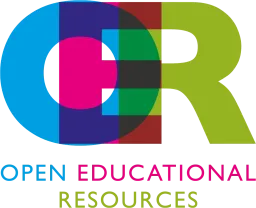
UNESCO recently hosted a set of worldwide public consultations from 22-24 July 2020, the aim being to expand and consolidate commitments to actions and strategies as well as reinforce international cooperation among all stakeholders. As we noted in a recent blog post, OER Africa provided support to UNESCO Dynamic Coalition Working Group Consultation on the OER Recommendation.
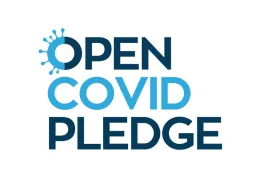
The Open COVID Pledge was launched on 12 August 2020. Within the context of COVID-19, the Pledge encourages individuals and organizations to make their intellectual property available to support educators, students and decision-makers; assist educational organizations; and build a fairer and more resilient education system.
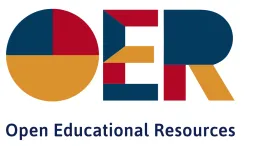
During the week of 20th July, 2020, OER Africa was privileged to be able to participate in, and provide administrative support to, the work of UNESCO’s Dynamic Coalition as its Working Groups convened in virtual consultations to begin preparing plans to support governments around the world in operationalizing the OER Recommendation.

Updates
This section provides updates on OER Africa’s initiatives and activities. Stay informed about our contributions to the OER community and how we are driving the open education movement forward.

COL has identified the development of OER as a potential answer to the challenges of access to relevant learning resources to ensure inclusive and equitable quality education. Provincial/regional OER policies and guidelines were developed in Sri Lanka, Botswana, and Cameroon involving provincial/regional education policymakers.

The Open Pedagogy Notebook has been set up by Rajiv Jhangiani from Kwantlen Polytechnic University in British Columbia and Robin deRosa from the Plymouth State University in New Hampshire. They are encouraging online submissions of examples of open pedagogical practices from practioners throughout the world.
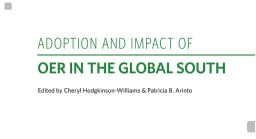
This volume examines aspects of educator and student adoption of OER and engagement in Open Educational Practices (OEP) in secondary and tertiary education as well as teacher professional development in 21 countries in South America, Sub-Saharan Africa and South and Southeast Asia.
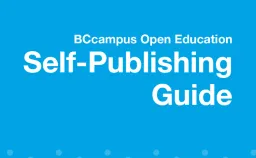
The BCcampus Open Education Self-Publishing Guide is a reference for individuals or groups wanting to write and self-publish an open textbook. This guide provides details on the preparation, planning, writing, publication, and maintenance of an open textbook. This looks like a very useful resource for the OER Africa partners.
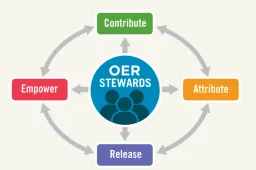
An important new resource has just been timeously released during Open Education Week. The question of “what makes a good actor or not” in OER is one that Lisa Petrides, founder and CEO of the Institute for the Study of Knowledge Management in Education, has addressed in a new guide for OER stewardship.


